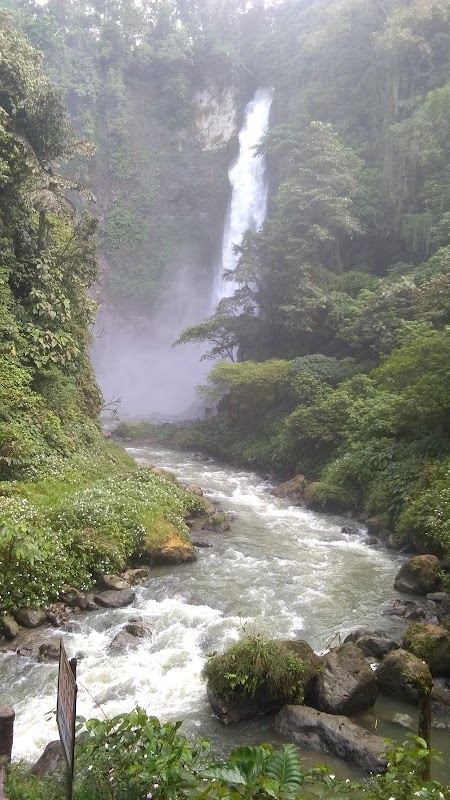
T’boli Cultural and Natural Sites Adventures
The T’boli Cultural and Natural Sites in Mindanao showcase the rich heritage and biodiversity of the T’boli people, offering visitors a blend of cultural immersion and nature exploration.
About T’boli Cultural and Natural Sites

Located in the southern Philippine island of Mindanao, the T’boli Cultural and Natural Sites span portions of South Cotabato province, covering mountainous terrain, forested valleys, and vibrant river systems. This area is both a living cultural landscape and a biological refuge, home to the indigenous T’boli people known for their traditional crafts, particularly the intricate T’nalak weaving. The region features tropical rainforests that support diverse flora and fauna, including endangered species such as the Philippine eagle and various endemic orchids and ferns. Visitors can engage in cultural tours that include visits to local T’boli communities, witnessing traditional ceremonies, and exploring longhouses, while nature enthusiasts can explore forest trails, rivers, and waterfalls. The natural features include portions of the Alah Valley and Mount Parker, a volcanic mountain offering panoramic views and opportunities for moderate hiking. The area also supports ecotourism with guided treks, bird watching, and fishing in clean rivers. The T’boli Cultural and Natural Sites serve as a vital link for conserving indigenous knowledge and biodiversity, with strong community-driven management programs to protect cultural heritage and maintain environmental integrity. The region’s blend of cultural authenticity and natural beauty appeals to travelers interested in indigenous culture, nature photography, and adventure activities in an off-the-beaten-path setting.
Highlights
T’nalak Weaving Villages showcasing traditional textile craftsmanship
Mount Parker – a volcanic peak with forested hiking trails
Lake Holon, known for its crystal-clear waters and serene environment
Alah Valley, providing scenic landscapes and wildlife viewing opportunities
Notable Natural Features
T’nalak Textile Craft
The T’boli people create unique, handwoven cloth made from abaca fibers dyed with natural plant extracts, recognized as a Philippine National Cultural Treasure.
Lake Holon
A crater lake located at the foot of Mount Parker, famous for its clear waters and peaceful atmosphere surrounded by montane forest.
Mount Parker
An active volcano reaching over 1,900 meters, offering diverse habitats and panoramic views for hikers.
